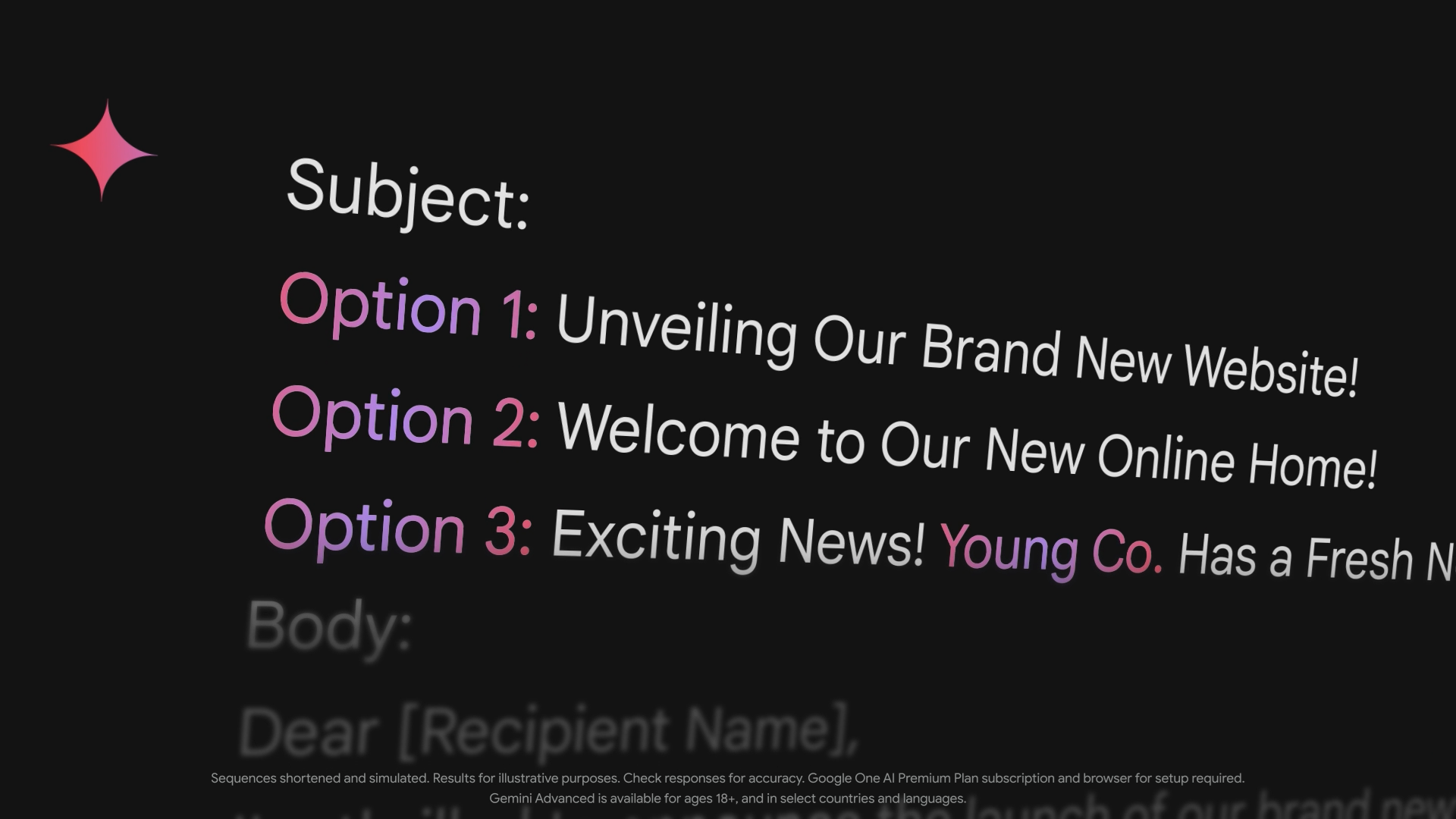Google DeepMind is advancing its development of an AI-driven email assistant designed to handle inbox management autonomously. This sophisticated technology aims to respond to emails in a manner that reflects the user’s unique voice and communication style. Furthermore, it will efficiently classify and organize incoming messages, significantly reducing the time users spend on administrative tasks.
### The Challenge of Email Overload
Many individuals face a common frustration: the overwhelming flood of emails upon waking up. The moment users reach for their phones to silence their alarms, they may find themselves inundated with notifications from countless emails. The process of sorting through these messages—deciding which require urgent replies and which can be ignored—can consume an entire day.
Demis Hassabis, CEO of Google DeepMind, proposes that AI could dramatically alleviate these burdens. His vision includes integrating a virtual assistant into email platforms, effectively eliminating the need for users to wade through irrelevant promotional messages and unsolicited notifications from platforms like LinkedIn.
### Reimagining the Email Experience
Email represents a paradoxical mix of convenience and frustration. While it facilitates instant communication on a global scale, users often contend with spam, urgent requests from supervisors, and the infamous accidental ‘reply-all’ mishaps. Hassabis believes that AI can enhance the beneficial aspects of email by managing mundane tasks and suggesting replies, thus preventing users from feeling overwhelmed by their inboxes.
At a recent SXSW London event, Hassabis expressed willingness to invest substantially in a solution that liberates users from the ongoing struggle with their inboxes. He emphasizes that DeepMind is actively working on creating systems that will autonomously manage email inboxes—sorting incoming communications, prioritizing important messages, and drafting responses that align with the user’s style. Importantly, the AI will hold off on forwarding less urgent emails until it crafts a suitable response for the user’s review.
### Potential Benefits for Users
From a marketing standpoint, this approach holds considerable promise. Many individuals concerned about the implications of AI might find themselves more receptive to technology that frees up valuable time—be it for increased productivity or spending time with family.
Hassabis envisions an advanced “universal AI assistant” capable of acting proactively on behalf of its users. Rather than requiring constant instructions about priorities and preferences, the assistant will learn by observing how users typically handle a spectrum of emails, possibly supplemented by initial guidance about the user’s overall communication style.
This level of AI sophistication transcends simple email management; it also provides valuable insights into which emails users intentionally ignore and which they may find challenging to respond to. Such a system, according to Hassabis, would not only give users more time but also shield their attention from other distractions vying for it. He asserts, “I think we can actually use AI in service of the individual.”
### Future Prospects of AI in Email Management
In terms of immediate developments, Hassabis has hinted at forthcoming AI tools capable of offering timely responses, such as acknowledging receipt of an email with phrases like, “Thanks for the follow-up. I’ll take a look and get back to you soon.” This kind of functionality would enable users to maintain a semblance of order in their inboxes, and it could facilitate the rare but sought-after state of “inbox zero” without excessive stress.
### Conclusion
The application of AI in email management presents an exciting opportunity to redefine how individuals interact with their inboxes. By offloading routine tasks to intelligent systems, users might find themselves better equipped to engage with what truly matters—be it professional obligations or personal relationships. As this technology evolves, it promises to bring about a more streamlined and less daunting email experience, ultimately enhancing productivity and well-being.




